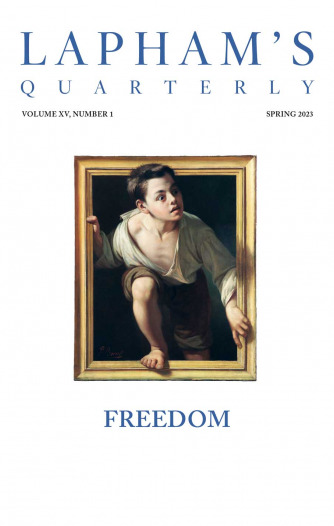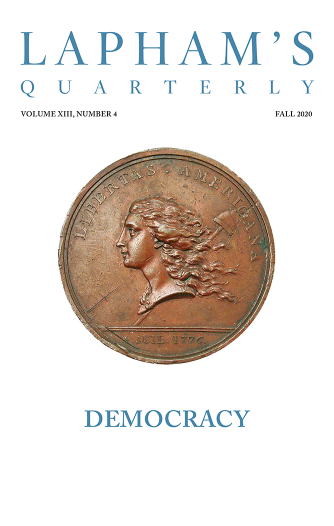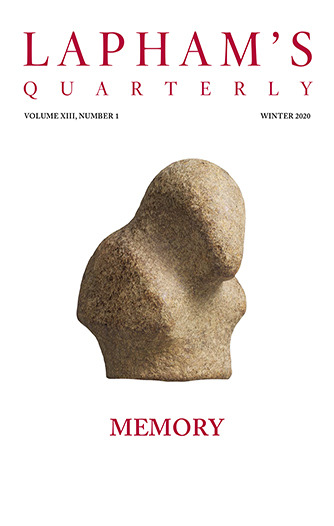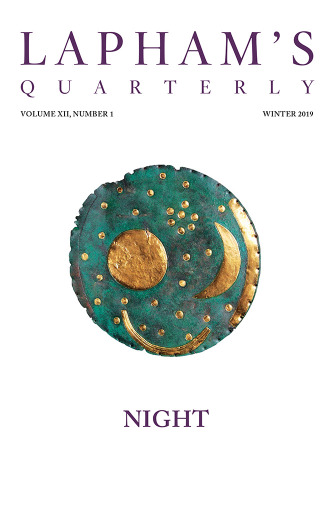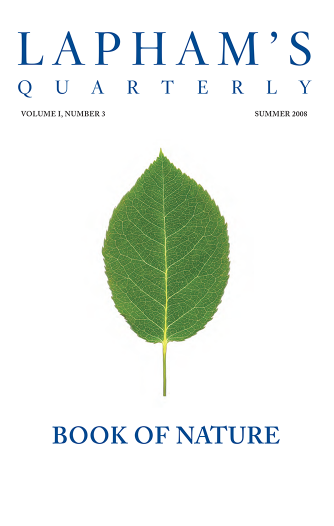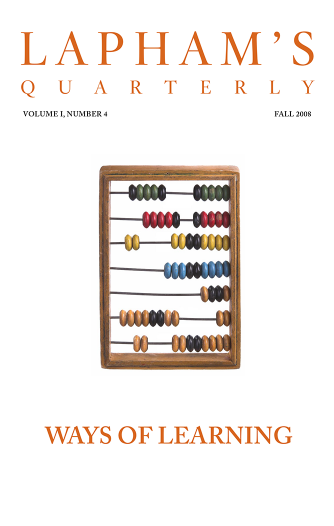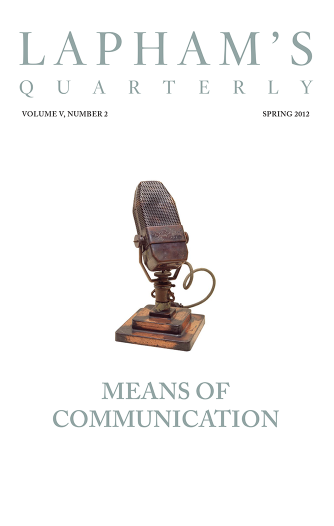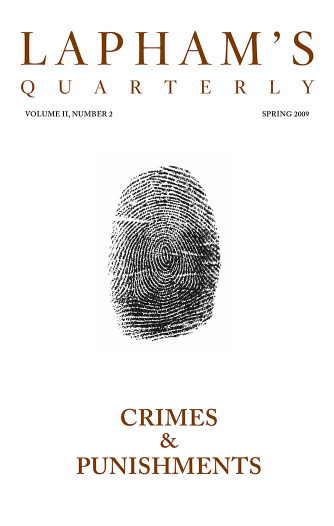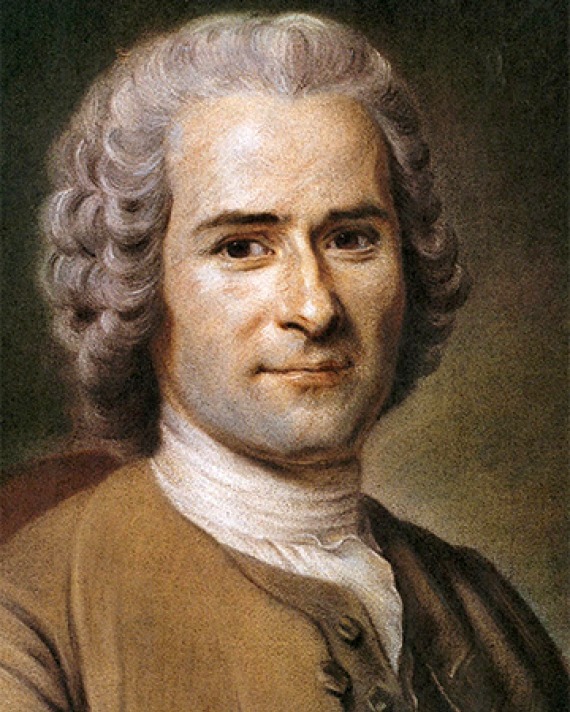
Jean-Jacques Rousseau
(1712 - 1778)
Jean-Jacques Rousseau’s mother died soon after his birth in 1712, and until the age of ten he was raised by his watchmaker father, with whom he read Plutarch’s Parallel Lives. “I would become one of the characters I imagined,” he recollected in Confessions. Between 1761 and 1762 Rousseau published Julie, or The New Héloïse; The Social Contract; and Émile. In the last work, a treatise on education, the only book the eponymous boy is allowed to read during his childhood is Robinson Crusoe. Rousseau died in 1778, eleven years before the French Revolution.
